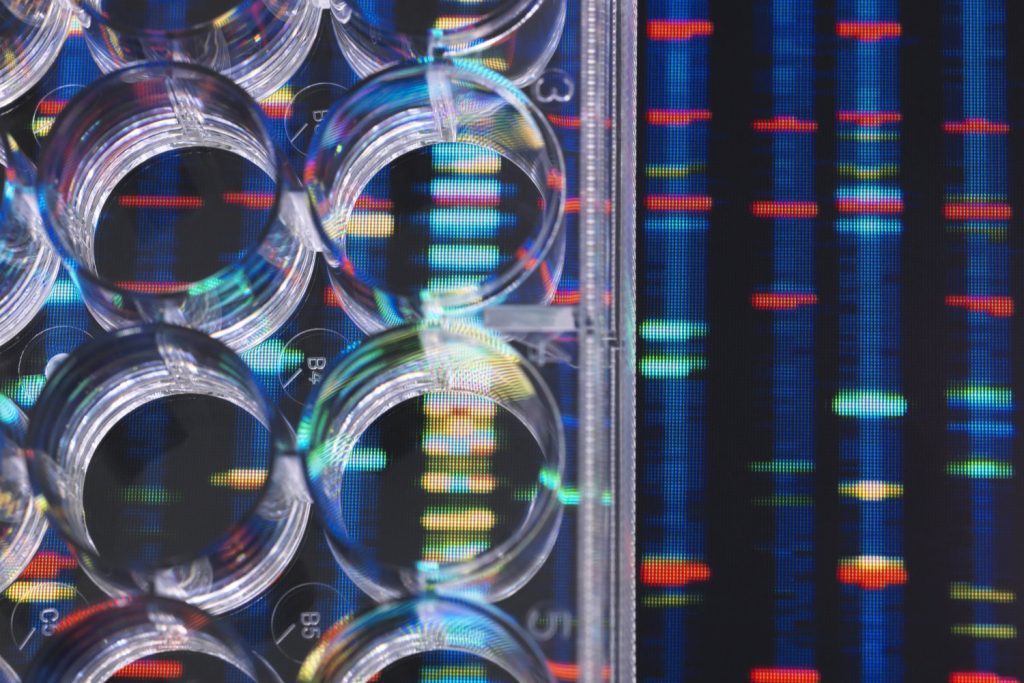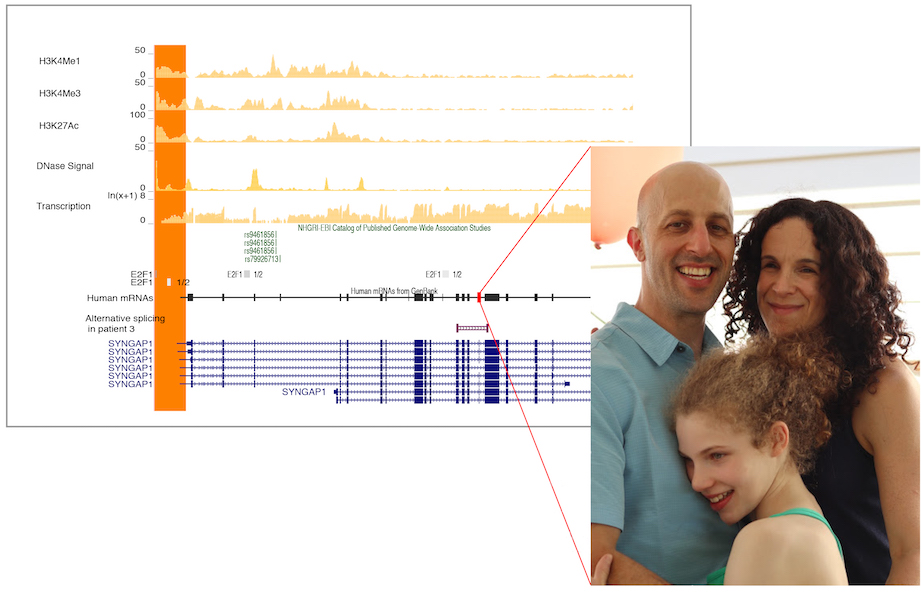
Dr Elizabeth Heller, whose niece has SYNGAP1 disorder, leads the CRISPR-related therapeutic development at ENDD. Her laboratory studies the epigenetic mechanisms that regulate gene expression as an underlying etiological factor for neuropsychiatric disorders, such as addiction and depression, as well as neurodevelopmental disorders. At ENDD, her group is developing new tools to upregulate expression of the “good” functioning copy of STXBP1 and SYNGAP1 using an adaption of CRISPR-Cas9 technology called CRISPR activation (CRISPRa).
While at Columbia University, ENDD’s Strategic Director, Dr Michael Boland (whose son has STXBP1 disorder) developed a single AAV-mediated CRISPRa strategy shown to be effective in cortical brain organoids of STXBP1 haploinsufficiency. This and several other types of CRISPR-related therapies developed at ENDD, are being tested in hiPSC and humanized animal models of STXBP1 and SYNGAP1.





